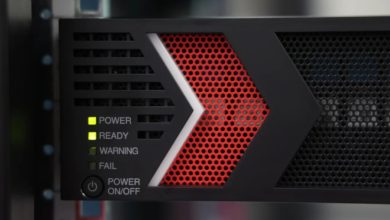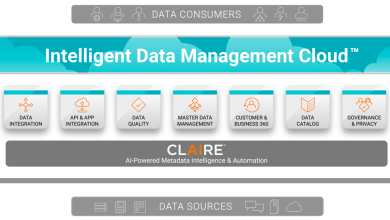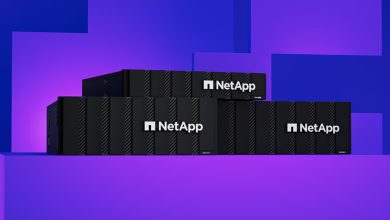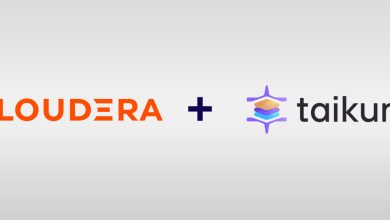
Software-Defined Storage (SDS) is an approach in computer data storage where the software is the one responsible for data management, data placement control and data provisioning, instead of the underlying hardware platform.
The SDS approach is independent of proprietary hardware, meaning, users can utilise commodity hardware, which is cheaper and more scalable. SDS uses storage virtualisation between storage tiers and applications, which enables centrally managed storage pooling and automated storage management.

Compared to the traditional Network Attached Storage (NAS) and Storage Area Networks (SAN), SDS allows the use of any industry-standard or x86-based storage hardware. This allows quicker and easier changes in storage configurations than storage running in propriety or dedicated hardware.
Some of the benefits of utilising SDS include futureproofing as you’re not locked into a particular vendor, programmability, scalability, efficiency and automation. With SDS, you can adjust your storage system depending on your storage capacity needs.
SDS is used in many industries for various use-cases such as multi-cloud or hybrid cloud implementations for data management platforms, modernisation of data centre infrastructure and self-service storage systems.




